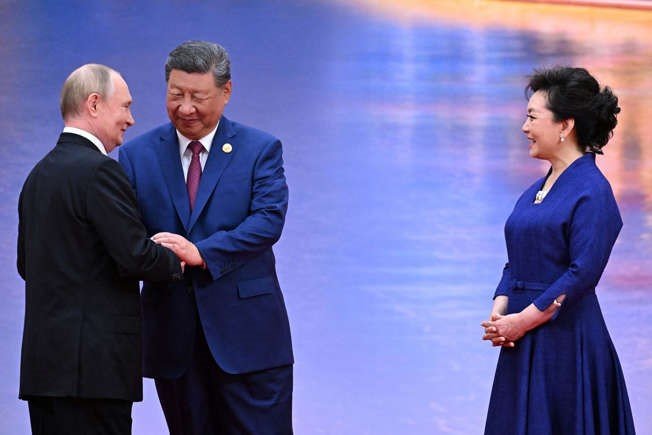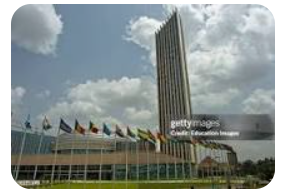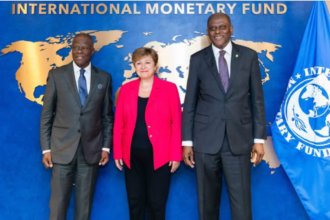By Jeremy Stein
BEIJING – At a recent high-profile international conference, Russian President Vladimir Putin and Chinese leader Xi Jinping presented a united front, positioning their strategic partnership not merely as an alternative to the existing global system, but as the foundational pillar of a new world order. This audacious declaration immediately casts a spotlight on Africa, raising the critical question: how does the continent, a growing geopolitical player and battleground for influence, align with these ambitious designs?
The Moscow-Beijing axis has long sought to challenge the Western-led liberal order, advocating for a “multipolar world” where no single nation dictates global terms. Their vision, articulated through platforms like BRICS (Brazil, Russia, India, China, South Africa) and the Shanghai Cooperation Organization (SCO), emphasizes national sovereignty, non-interference in internal affairs, and economic models less reliant on traditional dollar-denominated systems. For many in the Global South, including parts of Africa, this narrative resonates, tapping into historical grievances against former colonial powers and a desire for greater agency on the global stage.
Africa’s engagement with Russia and China has deepened significantly over the past two decades. Beijing’s Belt and Road Initiative has poured billions into African infrastructure, creating vital trade routes and fostering economic ties. Moscow, while lacking China’s economic might, has carved out influence through military cooperation, arms sales, and security training, notably through private military contractors like the Wagner Group in several Sahelian nations. Both powers often frame their engagement as “win-win cooperation,” free from the conditionalities on governance and human rights often imposed by Western donors.
This approach has found a receptive audience among some African leaders keen to diversify their partnerships and secure investment without perceived Western meddling. The promise of a truly multipolar world, where African voices might carry more weight, is appealing. African nations have largely resisted Western pressure to condemn Russia’s actions in Ukraine, opting instead for a stance of non-alignment, underscoring their desire to chart an independent course.
However, Africa is not a monolithic bloc, and its alignment with this proposed new order is complex and fraught with both opportunity and potential peril. While some nations may welcome the shift away from Western hegemony, others remain wary. Concerns over debt sustainability from Chinese loans, the opaque nature of some Russian resource deals, and the potential for a new form of neo-colonialism are frequently raised. Human rights organizations also point to the potential for the “non-interference” doctrine to embolden autocratic regimes and stifle democratic progress.
“African leaders are acutely aware that while new opportunities arise, they must navigate these waters with extreme caution,” observes Dr. Naledi Mkhize, a Senior Fellow at the Institute for African Geopolitics in Pretoria. “The goal for Africa is not to choose sides, but to maximize its own strategic autonomy and secure sustainable development. A ‘new world order’ that simply replaces one dominant power with another, or with a new bloc, without truly empowering African agency, will ultimately fall short of the continent’s aspirations.”
Moreover, many African states maintain strong economic and political ties with Western powers, which remain crucial sources of aid, trade, and diplomatic support. The continent’s diverse economies and political landscapes mean that a unified “African alignment” with any single vision is unlikely. Instead, individual nations will likely continue to pursue pragmatic, transactional relationships, leveraging competition between major powers to secure the best deals for their development objectives.
As the contours of this “new world order” begin to take shape, Africa finds itself at a critical juncture. Its engagement with Moscow and Beijing’s ambitions will not be uniform or absolute, but a dynamic and often pragmatic dance aimed at securing its own future in an increasingly fragmented global landscape. The ultimate impact on the continent, and indeed on global stability, remains one of the defining questions of the coming decades.









